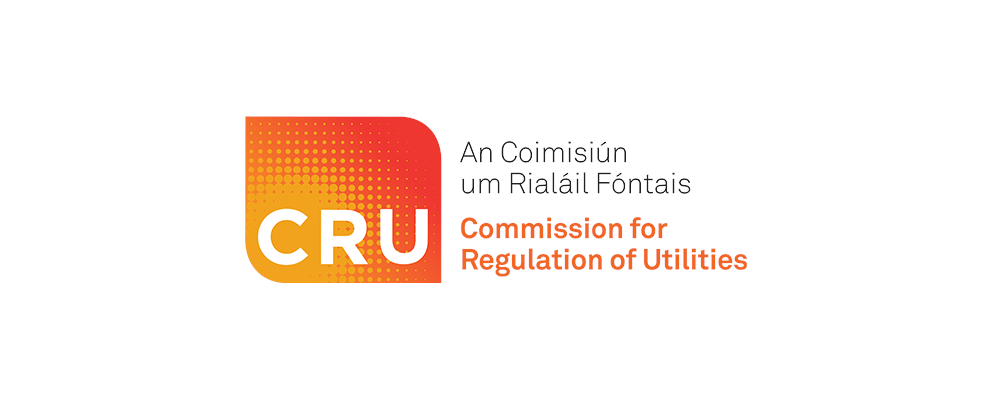In the wake of the local and EU elections it was reported in the Irish Times (10 June) that up to 70,000 households could be charged for wasting water from next year. Charges could be as much as €500 for a household.
The proposal to charge for wasting water has been made by Irish Water to the Commission for the Regulation of Utilities. This quango was set up in 1999 as the Commission for Energy Regulation and was rebranded in 2017. The senior management of the CRU seems to be made up of people with a background in energy markets and the privatisation and deregulation of utilities. There is no mention of any senior managers from the trade union movement.
The CRU’s web site talks of protecting “customer interests” in relation to Irish Water. There is no mention of citizens’ right to water. Consequently, it is highly likely that the CRU will accede to Irish Water’s request.
Since water charges were suspended following widespread protests that brought thousands of workers onto the streets, there has been a drip-drip feed of neo-liberal propaganda emanating from the state broadcaster and other media in the form of asides during panel discussions such as “People in towns don’t want to pay for water.” There is never any clarification that workers do not want to pay twice for water, as they already pay through their taxes.
Needless to say, for some RTE broadcasters who have set up a limited company to channel their fee income the idea of paying taxes under PAYE is probably a vague concept. Citizens’ rights, and in particular having the right to water, is probably an alien concept.
This plan to re-impose water charges by stealth as a “charge for excessive use of water,” mar dhea, is a carefully thought-out plan by the bourgeoisie. The idea is to divide and weaken potential opposition by portraying this as a measure to stop “excessive use,” whatever that’s supposed to mean.
Without a doubt, the newly elected Green Party councillors and MEPs will be enthusiastic for any of these measures, under the guise of conserving water.
It’s unlikely that Irish Water will be put under any pressure to solve the leaking-pipe problem, where 50 per cent of water is lost at present, before there is any attempt to impose water charges on domestic users. It is surely a fundamental requirement that the infrastructure be upgraded.
It’s also unlikely that our esteemed politicians will do anything to stem the growth of Dublin by investing in towns outside the Dublin area. Consequently, it’s more than likely that Irish Water will continue with its plan to take water from the Shannon rather than fix the pipes.
How has this situation come about? Following the virtual abolition of water charges as a result of the protests, Fine Gael and Fianna Fáil entered into a coalition, the so-called confidence and supply agreement of 2016. (Neither party wants to describe it as a coalition, because that would expose how little democracy exists here.) Under the terms of this agreement it was decided that there could be a charge for excessive use of water in order to comply with the EU’s Water Framework Directive. Both parties refused to include the right to water and the public ownership of water in the Constitution.
David Gibney, co-ordinator of Right2Water, pointed out in a letter to the Irish Times (15 June) that there is no requirement under the directive to impose charges along the lines now planned. He went on to say that there is no evidence that there is “excessive” use of water by households: in fact households use only 12 per cent of treated water, as against 38 per cent by industry.
Gibney makes the valid argument that the cost of administering Irish Water’s plan would probably be greater than the revenue it would produce.
On top of this, the bottled-water industry is allowed to extract unlimited amounts of water from the water table, free of charge. For the bourgeois parties, any idea of limiting capitalists’ rights in the interests of the common good is sacrilege and not to be even contemplated.
This move to reintroduce water charges by stealth, despite the widespread democratic opposition, will be possible because the protests that took place in 2014 and 2015 did not produce a swing to left-wing politicians that would give a voice to working-class demands. The recent local and EU elections showed a low turnout around the country. In effect, in many constituencies the working class did not have an opportunity to vote for any candidates other than representatives of the bourgeoisie.
The “left” in Ireland is now divided into at least six different parties, whereas the bourgeoisie has two main parties, which maintain a phoney war as a pretence for democratic debate. They achieve state power and rule on an effective minority vote.
It is necessary that all means of legal campaigns, including elections, are used to develop the position of the working class in opposition to the current dictatorship of the bourgeoisie.






